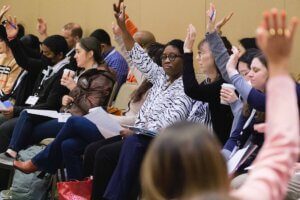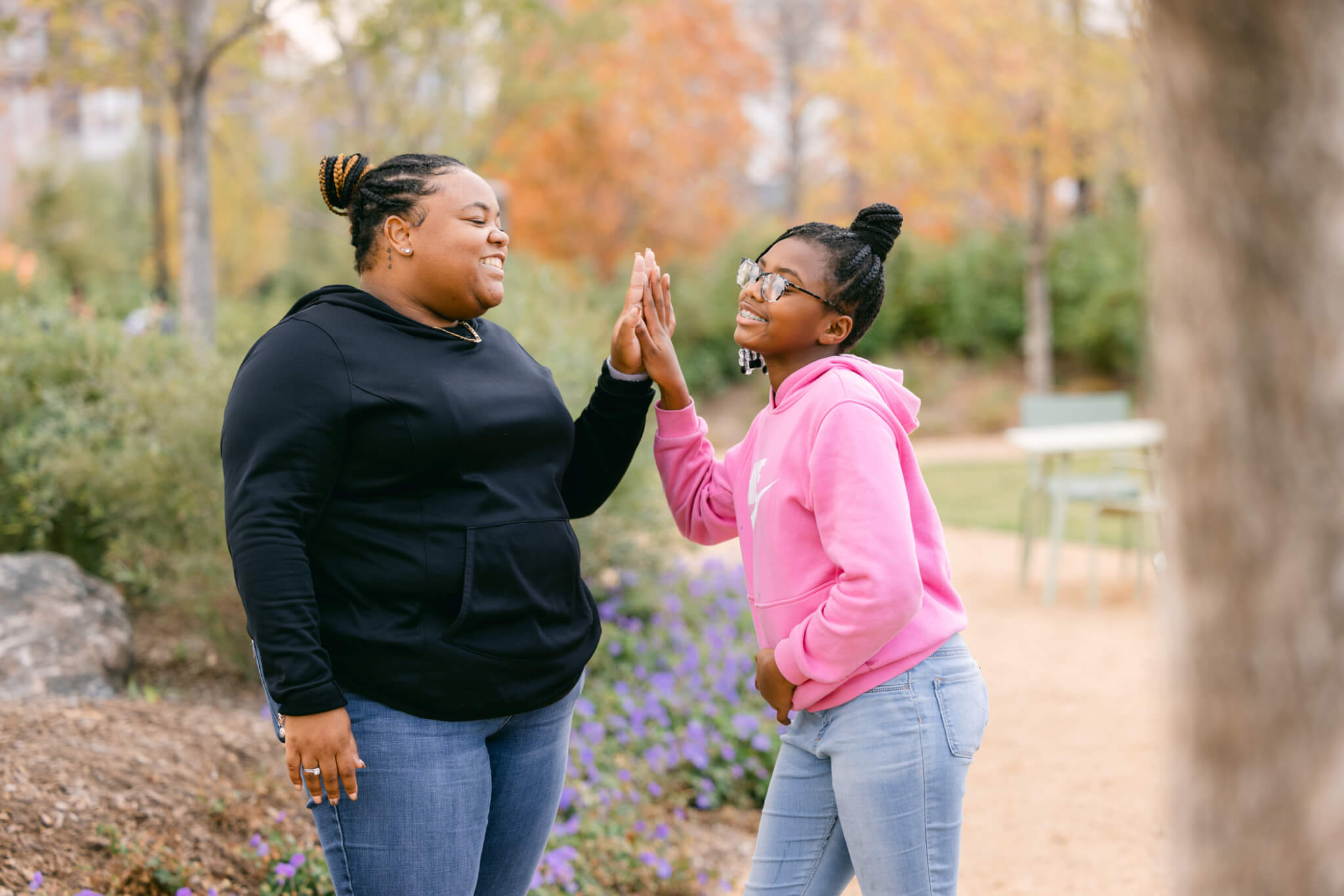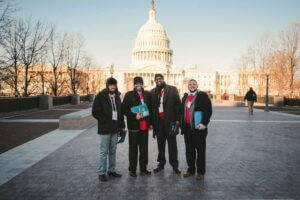Supporting Youth in the Wake of Trauma

Episodes of violence and trauma in young people’s communities, especially those that arise from a place of systemic inequality, prejudice and racism, impact young people’s lives in a variety of ways. Mentors are uniquely positioned to help young people process these experiences by providing a space to express their emotions, ask for help, and channel uncertain feelings into positive, constructive action. However, mentors may need strategies for supporting these discussions and actions as well as support for being allies to young people trying to make sense of their feelings. For example, in the aftermath of tragic incidents of racial profiling and violence resulting from police actions, young people may feel unsafe, angry, frustrated, sad, and powerless. This guide was developed to help mentors build relationships with young people that affirm their experiences and cultivate a sense of safety after incidents of violence or traumatic events occur.
Additional Resources
For Those Working with Youth


